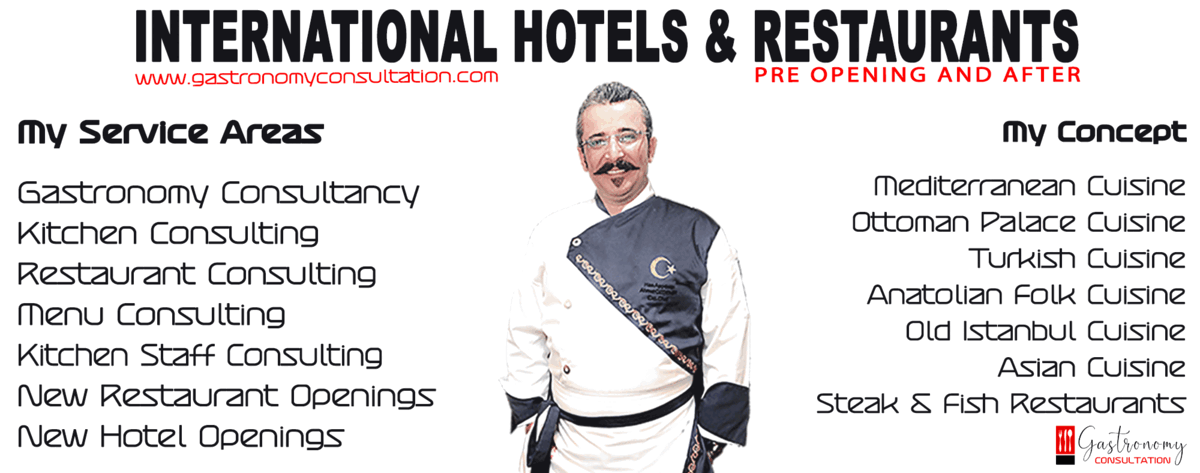Cultural History of Food
** Cultural History of Food
He cultural history of food is vast and intricate, given that food is an integral part of human existence. Every society throughout history has imbued its culinary practices with cultural, religious, social, and ecological significance. While it's impossible to cover the entire cultural history of food in one response, here's a brief overview of some notable developments and themes:
1. Origins and Early Cultures:
Hunting and Gathering:
Early humans were hunter-gatherers, consuming wild animals, fruits, and vegetables. Rituals often surrounded the hunt.
Neolithic Revolution:
The transition from nomadic life to settled agriculture around 10,000 years ago led to the domestication of plants and animals.
2.
Ancient Civilizations:
Egypt:
Bread and beer were staples. The Nile's annual flood cycle determined agricultural practices.
Greece:
The Greeks introduced the concept of dietetics. They celebrated with symposiums, where wine and philosophical debates flowed.
Rome:
Roman feasts were legendary. The empire's vast trade network introduced Romans to diverse foods.
China:
Rice cultivation dominated in the south, while millet and wheat were more common in the north. The art of fermentation produced soy sauce and other staples.
India:
The principles of Ayurveda heavily influenced Indian cuisine. Vegetarianism became prevalent, especially with the rise of Buddhism and Jainism.
3. Religious Influence:
Christianity:
Fasting and feasting became pivotal. Fish became significant due to the practice of abstaining from meat during Lent.
Islam:
Halal dietary laws emerged, dictating permissible foods. The spread of Islam brought ingredients like citrus, saffron, and rice to new regions.
Hinduism:
The sacredness of the cow and reverence for all life led to widespread vegetarianism in many parts of India.
4. Middle Ages and Renaissance:
Spice Trade:
The quest for spices like black pepper and cinnamon led to extensive trade networks and later to exploration and colonization.
Maize, Potatoes, and Tomatoes:
The Columbian Exchange introduced these New World crops to Europe, Asia, and Africa, transforming global diets.
5. Modern Era:
Industrial Revolution: The advent of canning, refrigeration, and mass production changed food storage and distribution.
Globalization:
The 20th and 21st centuries have seen the internationalization of cuisines, with dishes like sushi, pizza, and tacos becoming global phenomena.
6. Cultural Movements:
Haute Cuisine:
Emerged in France, emphasizing artful presentation and intricate preparation.
Slow Food Movement:
Began as a reaction against fast food, emphasizing traditional and regional foods.
7. Colonialism and Food:
Colonial powers introduced and sometimes imposed their food crops in colonized territories, leading to profound changes in local diets. For instance, the introduction of chilies to Asia from the Americas or the spread of coffee cultivation to Africa and Asia.
8. Food as Identity:
Food has always been a marker of cultural identity. In immigrant communities, traditional dishes often become a way to connect with roots and pass down heritage.
9. Famines and Politics:
Throughout history, famines, often exacerbated by political decisions or conflicts, have had devastating effects on populations.
Understanding the cultural history of food offers insights into societal values, migrations, trade, interactions between cultures, and even power dynamics. Every dish has a story, intertwined with history, geography, and culture.
*** You can contact me through my contact information for more information on the subjects specified by labeling, taking into account my professional background in the above article, and to get support for Restaurant Consulting, Kitchen Consulting in the titles within my Service Areas. ***
Coord. Chef Ahmet ÖZDEMİR
International And Intercontinental
Restaurant Consultant and Kitchen Consultant
World Ambassador of Ottoman and Turkish Cuisine

Yorumlar
Yorum Gönder